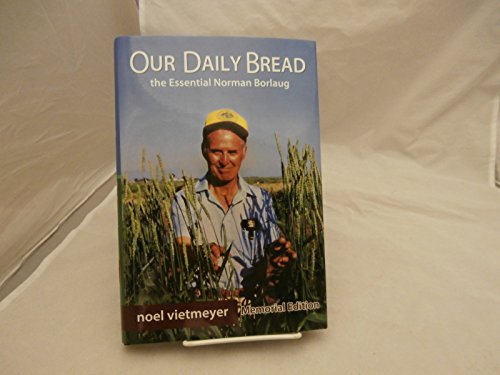
Reflect: How can facing pain honestly bring healing? When have you experienced unexpected grace and beauty within great grief? 26–27), who meets us in our pain, carrying us through death into resurrection life. Through the book of Job, it was “engraved”-in a way that points us in our grief to the living God (vv. But Job would have none of it, insisting that what he was going through mattered, and wishing that the testimony of his experience would be “engraved in rock forever!” (19:24). After sitting with Job for several days, his friends wearied of his grief, resorting to minimizing it or explaining it away as God’s judgment. Much of the book of Job is like a photograph of grief-capturing honestly Job’s journey through devastating loss (1:18–19). There’s something unspeakably powerful about capturing the truth of grief-both the devastating reality of it and the ways in which we experience beauty and hope in the midst of it. choose to love, despite and because of it all.” Through this service, families could capture the precious moments shared with their children, both in grief and “the moments of grace and beauty we assume don’t exist in those desperate places.” She observed that “in the hardest moments imaginable, those families. – Our Daily Bread Devotional for Tuesday MESSAGEĪfter receiving the devastating diagnosis of a rare and incurable brain cancer, Caroline found renewed hope and purpose through providing a unique service: volunteering photography services for critically ill children and their families.

19) and the land was suitable for raising livestock (v. The book’s setting is the land of Uz, which scholars say is probably ancient Edom or Aram/Syria (Job 1:1). But Job also alludes to (or quotes) Scripture (Job 7:17–18 12:21, 24 ), which suggests that the writer had access to these writings and therefore would indicate a much later date. Yet Job has a patriarchal setting, which has led some to suggest a date as early as the time of Abraham. He would make death itself “not so.Scholars can’t pinpoint the exact time the book was written.

Little did they know the Sabbath intermission was setting the stage for history’s most dramatic scene. But they rested on the Sabbath in obedience to the commandment” (v. The chapter ends without hope, merely a somber, “Then they went home and prepared spices and perfumes. These followers weren’t anticipating a resurrection they were coming to terms with grief. Consider too the devotion and bravery of the women who stayed with Jesus every step of the way, even to the tomb (v. Ponder for a moment what it would take to remove a body from a grisly crucifixion and tenderly prepare it for burial (v. Joseph, a religious leader who secretly believed in Jesus (see John 19:38), suddenly found the courage to ask Pilate for Jesus’ body (Luke 23:52).

The Gospels say little about those awful hours, but they do record the actions of a few faithful friends. The longing to “make it not so” might well describe how Jesus’ followers felt after His death. His words gave poignancy to humanity’s ageless heart-cry. “I wanted somehow to make it not so,” lamented the man, eulogizing a friend who died young.


 0 kommentar(er)
0 kommentar(er)
